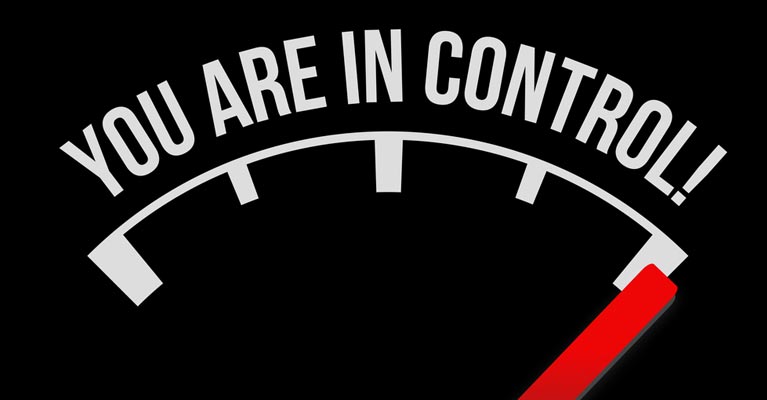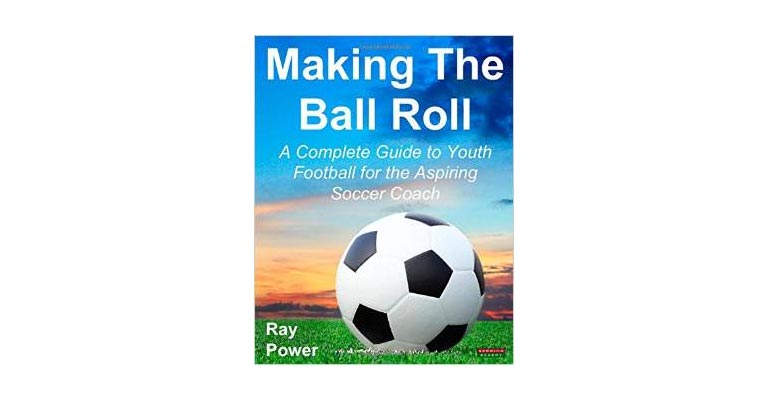In my two books, Soccer Tough and Soccer brain I talk a lot about focusing on the things YOU can control as a footballer and coach. In this article coach Ray Power (@power_ray) expands on the importance of controlling the controllables.
On match day, there are countless things happening concurrently. As a coach you will have your inherent duties – selecting a team, making changes, completing team sheets and providing players with the information you want for the game. No matter what your role is on game day – head coach, goalkeeper coach, fitness coach, psychologist or physio – you will have to deal with parents / supporters, the opposition, referee and even Mother Nature!
Match day can truly be a 100 miles an hour activity. At best it keeps you busy, but at worst it can be stressful, distracting and hard work. This stress can even lead to behaviour that you wouldn’t ordinarily expect from yourself – shouting at officials, berating players or arguing with opposition staff. Behaviour that prevents you from being the very best coach you can be.
Controlling every aspect of match day is impossible. Even at the top level, delegation is important and therefore trusting other people to absorb some of your responsibilities is important.
If you do not have the luxury of a raft of other staff involved, a quick but important tip may help you to behave better, be a better coach and stress less about what goes on when game day comes around.
Control
When I began coaching, I tended to get caught up in the frantic nature of the game. I quickly learned however to focus on MY decisions and MY responsibilities. I learned to control only what I can control – I learned to ‘control the controllables’.
The controllables are those things YOU can affect – team selection, how you influence the players, making substitutions etc. I used to get worked up about the hundreds of other things around the game – referee decisions annoyed me, if the opposition were boisterous it got my back up or if the pitch was poor or affected by the weather it used to distract me.
Now however, I virtually ignore the negative impacts of anything I cannot control. Referee decisions are what they are, I’m not interested in a debate around whether a foul was inside or outside the box. Recently, I deemed a first half referee performance to be endangering the players, so asked my assistant to have a quiet, polite word with the officials at half-time. That did influence his performance in that respect, and the game was better for it. An intervention like that is about the extent of my influence on the officials. Screaming at an unjust award of a throw-in is pointless.
If we turn up to a game housed by a pitch in poor condition, I need to ensure I’m relaxed, focused and ready to play the cards I’m dealt (that in itself has become a bit of a mantra of mine). If I don’t I know my players will react poorly. My philosophy? Whether we moan about it, or whether we take it on the chin, we are going to have to play on it anyway. The state of the pitch cannot be controlled by me, but the approach of the players can be – by the information I give them.
In Making the Ball Roll, I listed some of the common things a coach can control, and the common things he or she cannot. It’s important to put your time and energy into those things you can affect – all the other things are just a distraction and a waste of energy and concentration.
A recent study has shown that a top Champions League coach will only recall 20% of a match – the outliers if you like – the really good bits, and the exceptionally bad bits. Everything in-between gets lost in the fog of emotion and memory. If all the best coaches can recall is 20%, we cannot expect us mere mortals to perform to our best while involving ourself in the uncontrolables around games as well.
By trying to control only what we can directly affect, we make ourselves better coaches. There is no question about that. It frees our mind up to analyse correctly, spend more time improving players, and clears our thought process to allow us to perform at our best. Isn’t that what we all want to do?
READ IN ‘MAKING THE BALL ROLL’ BY RAY POWER. AVAILABLE ON AMAZON OR AT www.bennionkearny.com/power





